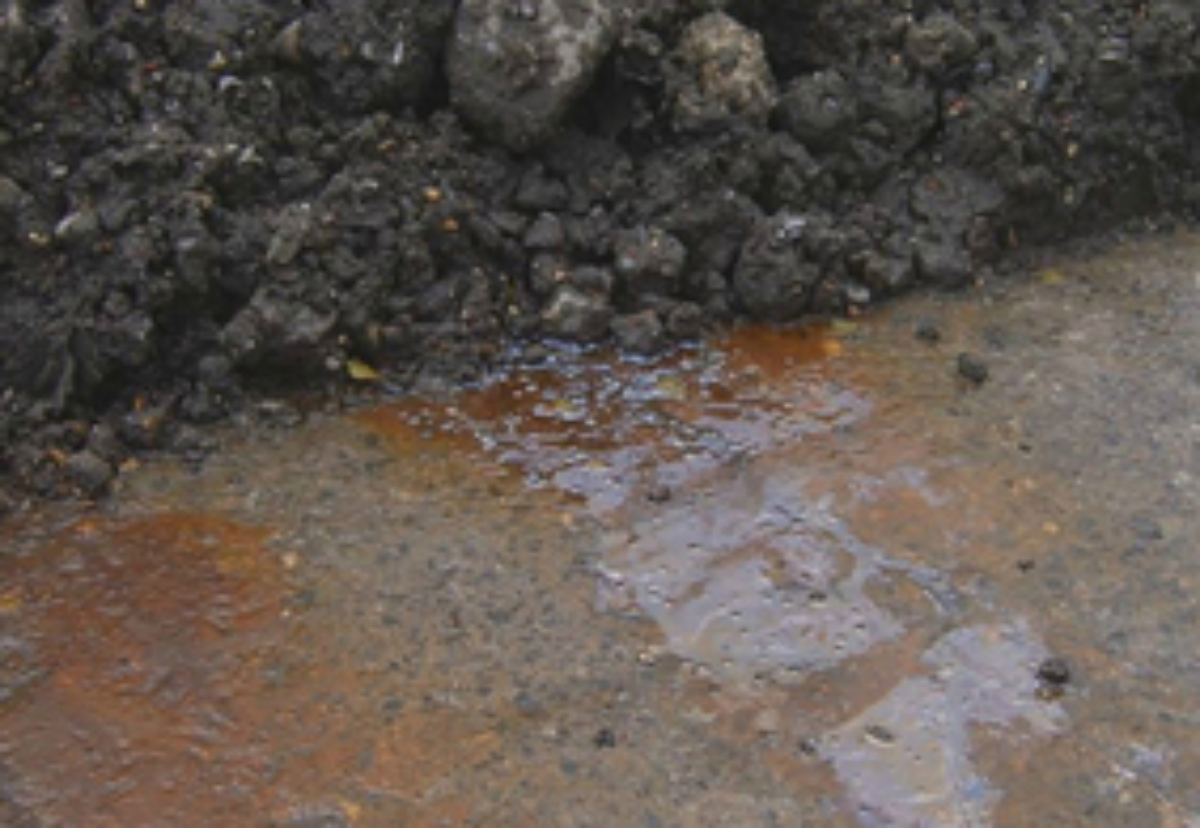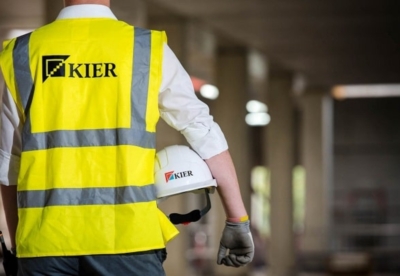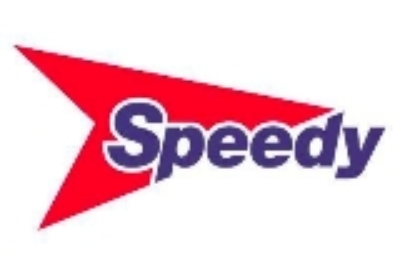Bristol Crown Court heard how Churngold Recycling Ltd illegally supplied thousands of tonnes of hazardous waste to a development site in Avonmouth.
Groundworkers at the site where VolkerFitzpatrick was main contractor said the materials gave them ‘runny and sore eyes’.
Another worker said it smelt like ‘faeces and bleach’ and ‘took his breath away.’ Others described the clay-like material as ‘smelling like a hospital’.
The sentencing followed a five year Environment Agency investigation into Churngold and two of its directors, John Barcham and Lee Phelan.
Churngold operated a waste transfer site on the Severn View Industrial Estate, Avonmouth, where it supplied soil and aggregate for the building industry.
Waste was collected from sites across the UK and stored and treated at Hallen Yard.
In June 2011, Churngold was awarded a contract to remove hazardous waste from a site in Oxford where the car company, BMW, discovered extensive contamination under a building while redeveloping its Cowley factory.
Trial pits and testing revealed high levels of heavy metals, hydrocarbons and asbestos contaminated materials.
Churngold was paid £750 per load to remove the hazardous waste to its yard for treatment prior to it being used as a building material.
Between July to September 2011, a total of 31,000 tonnes of waste was brought from Cowley to Churngold’s waste transfer station in Avonmouth.
Around the same time, Churngold was awarded a contract to supply 60,000 tonnes of aggregate to the site of a new Co-operative supermarket distribution centre at Cabot Park, Avonmouth.
The aggregate would be mixed with inert material that had gone through a ‘stabilisation process’ making it suitable for use as a building material.
On 7 September 2011 Churngold delivered the first load to the Co-op site.
Over the next fortnight it transported a total of 64,000 tonnes (2,751 loads) to the new distribution centre site.
Failure by Churngold to fully treat the waste, potentially exposed staff and visitors to Hallen Yard and ground-workers at the Co-op site to health risks.
Churngold’s environment manager became concerned after discovering the hazardous nature of the BMW car plant waste.
She told Barcham and Phelan it was ‘untreatable’. They repeatedly ignored her warnings.
On 22 September 2011 a former Churngold employee notified the Co-op that contaminated material had been delivered to their site.
Subsequent analysis revealed the presence of asbestos in 47 of 60 samples, high levels of total petroleum hydrocarbons (TPH), polycyclic aromatic hydrocarbons (PAH) as well as significant levels of leachable lead, cyanide, copper, antimony and total sulphate concentrations.
Work on the Co-op site was suspended on 1 December 2011 following publication of the analysis report.
The Environment Agency confirmed the material was illegally deposited hazardous waste and that it should be removed to a suitable waste facility for safe disposal.
Adrian Evans, for the Environment Agency, said: “Churngold Recycling Ltd had a culture where commercial gain was given priority over environmental protection. We hope this prosecution sends out a strong deterrent message to others who flout the law.”
Judge James Patrick QC said “the treatment of the waste was unscientific and amateur” and that the defendants showed a “flagrant disregard for the law”.
Churngold Recycling Ltd was fined £22,450.
Barcham was given a six month suspended jail sentence, ordered to pay costs of £10,000 and carry out 75 hours of unpaid work.
Phelan was given an eight month suspended sentence and ordered to carry out 100 hours unpaid work.
























.gif)

































